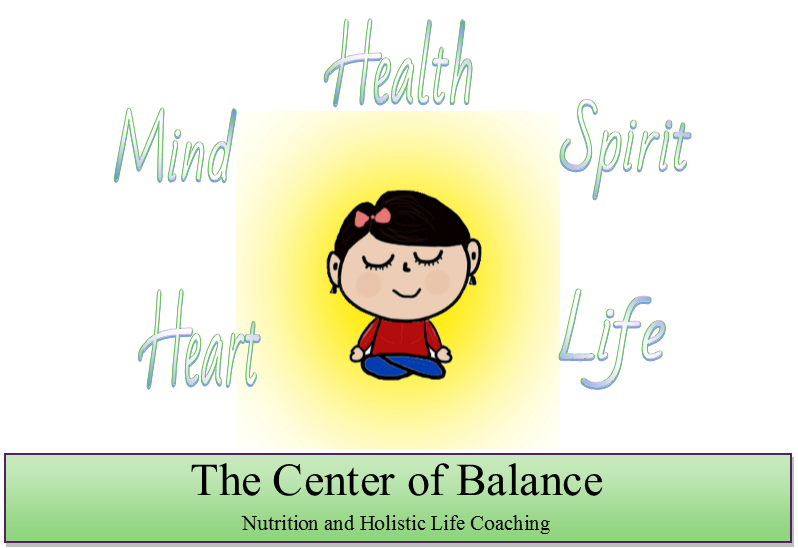
You read a food label and it says based on the 2000 calorie per day diet. We read blogs and articles that say you should eat 1500 calories while others say less and some say more. We search and search for the exact number, the right number, leading to confusion and frustration. Many people come to me already having picked a number that they think is the correct amount of calories for them, saying they’ve tried to maintain these calories but they just don’t feel healthy. There is no General number for the correct amount of calories for everyone. Just as our mothers told us we are all special we really are all special and unique and the calories you need should be based on your lifestyle and individual needs.
Here are some questions to ask yourself before you start a calorie counting diet.
- How active are you? This should include whether you work in an office, how much TV you watch and how much physical activity you were doing every day.
- How many hours of sleep are you getting every night? While we are sleeping we are using far fewer calories and our bodies are absorbing more of the calories that we’ve eaten throughout the day.
- What kind of calories are we consuming? If the majority of your calories are coming from nutrient-dense food such as fruits and vegetables you can have higher calorie intake. On the other hand, if you’re eating calorie-dense food with little nutrients such as processed or fast food your calorie needs will be lower.
- How hydrated are you? If you’re drinking plenty of water the food will move a little more quickly through your digestive system, and your nutrient absorption will increase while fibrous foods will move more efficiently.
- And most importantly what is your resting metabolic rate? This is a number of calories that are needed for your body to do its routine tasks such as breathing, keeping your heart beating and your brain going. There are complicated equations that professionals use to get the exact number but you can estimate your resting calorie needs by taking your weight in kilograms and multiplying it by 25. This is a base number and the bare minimum amount of calories that you need.
Under eating is just as unhealthy as overeating and it is important to keep up a healthy calorie intake to keep your body from going into states of starvation. Is also important that you’re not eating too many calories. This can put your body into a state of constant storage slowing your metabolism increasing weight gain.

If you are looking for help in determining the exact number of calories that are right for you, my services are available. Email me your questions and we can set up a consultation time.


